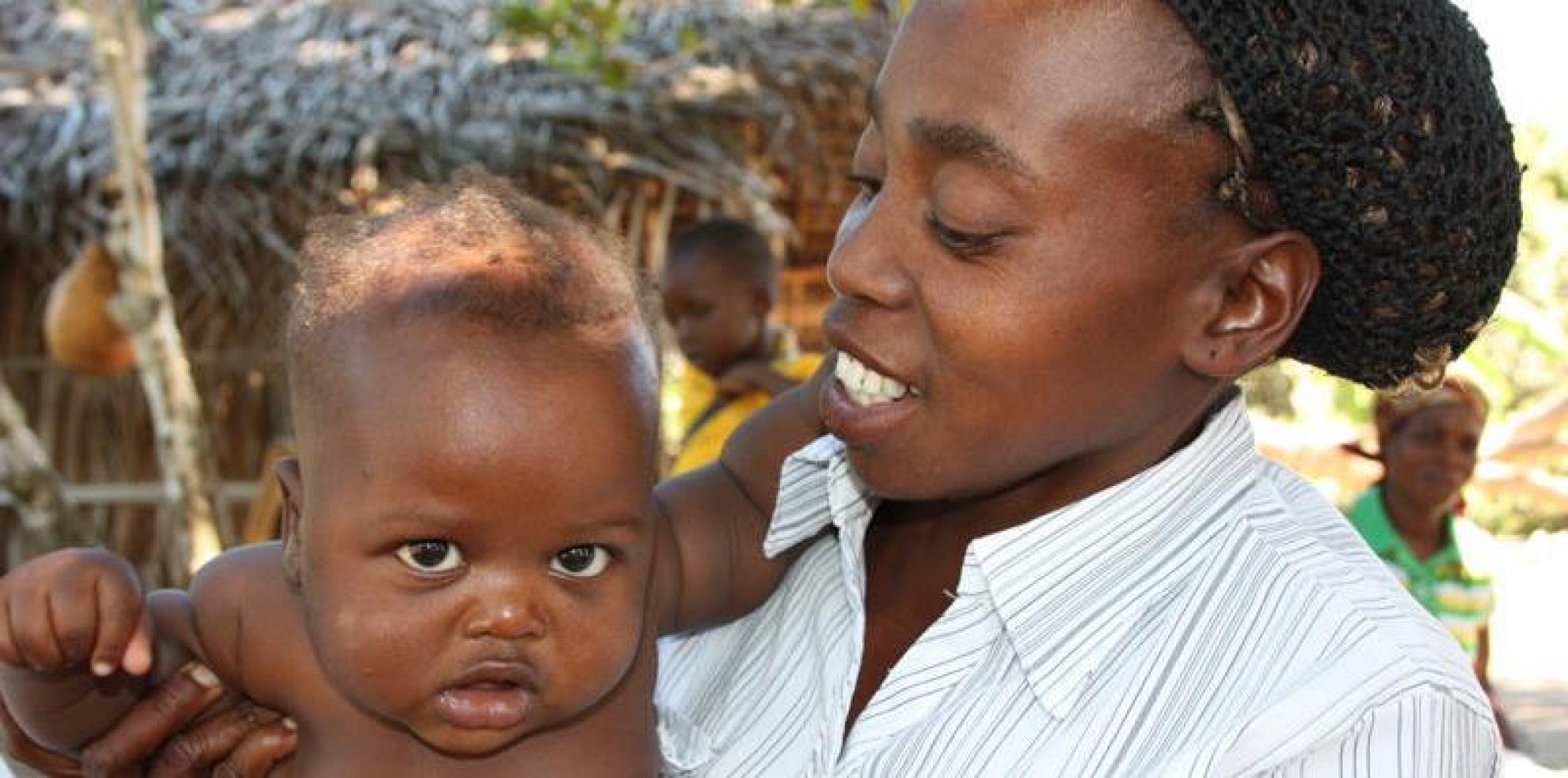
Symposium – Community Health Workers: bringing health closer to home for Mozambicans
2 August 2013From Mozambique, lessons learned in community based programmes for health promotion and management of malaria, diarrhoea and pneumonia in children under-five
Maputo, Mozambique – Malaria Consortium Mozambique called for a greater level of investment for the sustainability of the national Community Health Worker programme at a symposium held in Maputo. The symposium, hosted by Malaria Consortium on July 25, was held to share learning from a three-year project implemented in two provinces of Mozambique which supported the revitalisation of the national community health worker (agent polivalentes elementares or APEs), programme. The project, implemented by Malaria Consortium and Save the Children, was supported by funding from the Canadian International Development Agency (CIDA).
APEs are volunteers recruited and trained by the Ministry of Health with support from Malaria Consortium and other partners. They receive training and supplies to conduct health promotion activities, as well as to diagnose and treat simple cases of malaria, pneumonia and diarrhoea in children under five. They also refer adults and children with severe or complicated illnesses and in need of facility based medical attention, to local health facilities.
The symposium addressed topics such as how to improve access to, quality of and demand for APE services. It also considered the development of innovative solutions to address key challenges and identify priorities for the programme into the future.
Speaking at the event, David Wood, Malaria Consortium’s Country Director in Mozambique, highlighted that: “APEs in Mozambique are addressing a real need and offering simple health solutions to thousands of families who face difficulty accessing timely and quality care and information. The results presented today clearly show that APEs are capable, ready and motivated to make a real difference to their community. But without sustained and expanded coverage, we can’t achieve the Millennium Development Goals. Sustainability is dependent upon investment to continue building capacity at community level and strengthening the health system to be able to supervise, coordinate and support these APEs."
“The results of this project have been very impressive and demonstrate the impact that APEs are having on access to health," said Mrs Jeea Saraswati, Health Advisor at the Canadian High Commission. "The Ministry of Health leadership has been key in increasing the number of APEs and the local capacity of health systems to increasing access to health services for the most remote populations; this is already a worthwhile investment. There are clear signs of positive impact on child mortality.”
Recent research looking at community health worker interventions around the globe has shown that, when trained in the integrated community case management (ICCM) of malaria, pneumonia and diarrhoea, these volunteers can support a reduction in child mortality from these three diseases by 60 percent.
John Grabowski, General Director of Save the Children International in Mozambique added that: "Save the Children is pleased to have partnered with the Ministry of Health in this revitalisation phase of the APE programme in three provinces of the country, especially looking at the concrete results that have been presented in this symposium on improved care and health services for the population. Based on the lessons learned presented today on this phase of the programme, Save the Children believes that it is useful to continue our participation in the revitalisation of the APE programme, hoping to see even more concrete gains in child health."
Malaria Consortium has been implementing ICCM projects in Mozambique, South Sudan, Uganda and Zambia since 2009 to improve diagnosis and treatment at community level for pneumonia, diarrhoea and malaria. Over 14,000 community health workers have been trained, providing close to three million treatments for over 2.4 million cases.
This symposium is part of a series of international events organised by Malaria Consortium to share the lessons learned from projects in various countries. A symposium was held in London in May and focused on “Sharing what Works” with key international stakeholders in community-based health. A similar event was also organised in Zambia, and more will be held in Uganda and South Sudan before the end of this year.
Latest news
- International summit calls for AMR accountability in public health interventions21st March 2024
- Global SMC community celebrates new milestone at SMC Alliance Annual Meeting in Nigeria6th March 2024
- Scaling up key interventions could halve pneumonia-related childhood mortality13th February 2024
- Malaria Consortium and eGov Foundation join Mozambique’s national malaria programme to digitalise seasonal malaria chemoprevention campaigns8th February 2024
- World’s first malaria vaccine rollout launched in Cameroon22nd January 2024
- Digital solutions driving equitable access to health6th December 2023